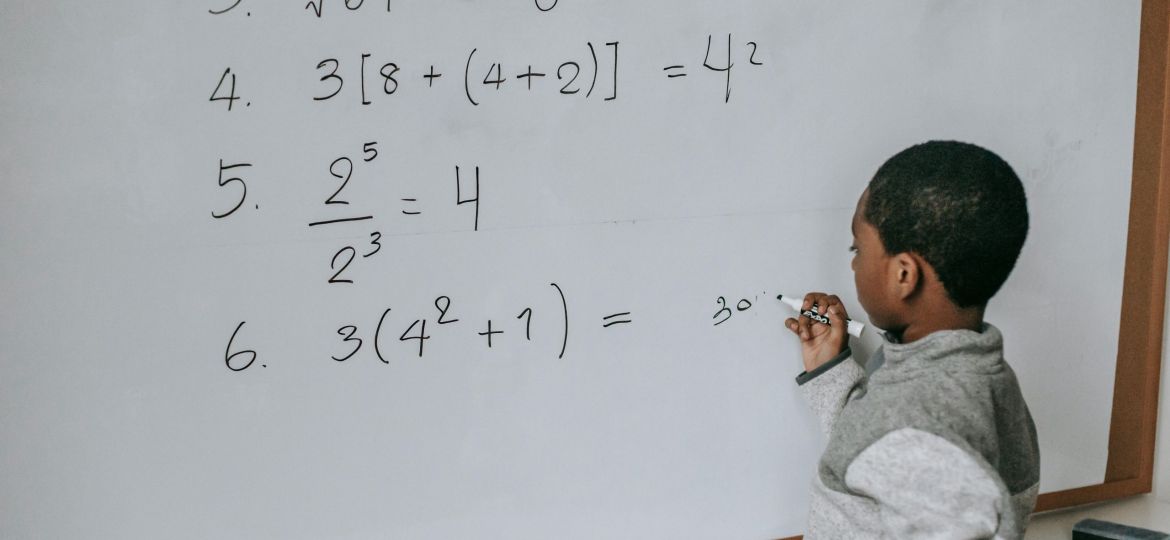
FH Summary: Establishing good habits in children is crucial for their long-term success and well-being, as habits form the systems that drive continuous progress. This blog post explores the importance of habits over goals, providing practical tips for parents to instill positive routines that create an upward spiral of development. Backed by research, the article emphasizes the impact of high leverage habits and the role of parents in modeling and supporting these behaviors.
As parents, we all want the best for our children above everything else. We aim to guide them towards success, happiness, and a fulfilling life. One of the most powerful tools in achieving these goals is the establishment of First Habits. In this blog post, we will explore why habits are crucial in helping your children achieve their goals and how to effectively cultivate them. Referencing the renowned work of James Clear on goals and systems, we’ll provide actionable insights backed by reputable research. This post is an extension of our other posts on the framework for First Habits here, how habits develop here and why habit-based parenting is such a powerful tool here.
Why Habits Matter More Than Goals
James Clear, in his book Atomic Habits, emphasizes that while goals are important, it is the systems and habits we put in place that truly determine success. Goals set a direction, but habits are the path that lead us there. For children, developing good habits can create an upward spiral, fostering positive outcomes and compounding benefits over time.
The concept of focusing on habits over goals might seem counterintuitive. After all, aren’t goals supposed to drive our efforts? However, goals can often lead to a fixed mindset. Once a goal is achieved, the motivation might wane. While goals provide direction, habits establish the systems necessary to make progress inevitable, fostering continuous growth and resilience. In contrast, habits are about creating a lifestyle change that continuously propels progress. Oftentimes, goals remain unimplemented because they lack the basic step-by-step plan needed to achieve them, leaving individuals with far off, vague goal but no path to get there. Without daily progress, it’s easy to lose motivation and discipline. However, by focusing on habits and systems, actions become ingrained in daily routines, ensuring consistent progress. These habits transform goals into discrete, manageable tasks, making positive growth a natural outcome of regular practice and effort. As James Clear highlights, implementing habits ensures that actions are taken from the start, bridging the gap between intention and execution.
As Clear notes, “You do not rise to the level of your goals. You fall to the level of your systems.”1 For children, cultivating these systems through consistent habits is particularly impactful.
The Upward Spiral of Positive Habits
Developing good habits in children is akin to planting seeds in a garden. With consistent care, these seeds grow into strong, resilient plants. Similarly, positive habits instilled early in life can lead to an upward spiral of success and well-being. Research from the American Psychological Association supports that children who develop strong habits, such as regular study routines or healthy eating, tend to perform better academically and have better emotional regulation.2
Consider the example of a young student named Emma. Her parents encouraged her to develop the habit of reading for 20 minutes every night before bed. Initially, it was a struggle, but with patience and consistency, it became a part of her nightly routine. This habit not only improved her reading skills but also expanded her imagination and critical thinking abilities. As Emma continued to read, she performed better in school, felt more confident in her abilities, and developed a lifelong love for learning.
The Dangers of Unintentional Habits
Conversely, unintentional or negative habits can lead to a downward spiral. Habits such as procrastination, unhealthy eating, or lack of exercise can have long-term detrimental effects. A study published in the Journal of Child Development found that children with poor habits are more likely to struggle with academic performance and social interactions.3
Take the case of David, a child who developed the habit of playing video games for hours each day. This habit, while seemingly harmless initially, began to interfere with his schoolwork and social life. He became more isolated, his grades dropped, and he struggled with feelings of inadequacy. David’s story is a stark reminder of how an initial negative action can compound into a daily habit and create significant challenges over time.
Building Elevated Foundations of Childhood Development
To build elevated foundations for your child’s development, start with small, manageable habits. Begin with achievable tasks like daily reading or consistent bedtime routines. Over time, these small habits will compound, creating a strong foundation for future success. As Aristotle famously said, “We are what we repeatedly do. Excellence, then, is not an act, but a habit.”
Parents play a crucial role in modeling and reinforcing these habits. Children learn by observing and mimicking their parents’ behaviors. Therefore, demonstrating good habits yourself can have a more powerful impact than repeated guidance. If you prioritize reading, exercise, and healthy eating, your child is more likely to adopt these behaviors. Create a family culture that values and supports positive habits, making it a natural part of your child’s environment.
Compounding Childhood Habits
The power of compounding habits cannot be overstated. Just as savings grow with compound interest, small daily habits accumulate to produce significant long-term benefits. Encourage your child to adopt habits that will serve them well throughout life, such as patience, time management, and mindfulness practices. These habits not only enhance immediate wellbeing but also equip them with tools for lifelong success.
Imagine a child who starts practicing mindfulness for just a few minutes each day. Initially, it may seem insignificant, but over months and years, this habit can lead to improved emotional regulation, better focus, and reduced stress. Studies have shown that mindfulness practices can enhance cognitive abilities and emotional intelligence, providing children with a solid foundation for handling life’s challenges.
High Leverage Childhood Habits
Certain habits offer particularly high leverage, meaning they provide significant benefits relative to the effort required to maintain them. Examples include regular physical activity (see our blog here), which boosts both physical and mental health, and consistent sleep patterns, which are crucial for cognitive development. By focusing on these high leverage habits, you can maximize the positive impact on your child’s life.
Physical activity, for instance, is essential for a child’s development. According to the Centers for Disease Control and Prevention (CDC), children who engage in regular physical activity have better muscle and bone strength, a lower risk of obesity, and improved mental health.4 Encouraging your child to participate in sports or outdoor activities not only promotes physical health but also fosters teamwork, discipline, and resilience.
Practical Tips for Parents
Here are some practical tips for parents to help instill good habits in their children:
§ Start Small: Begin with simple, manageable habits. Small steps lead to big changes over time.
§ Be Consistent: Consistency is key in forming habits. Make these activities a regular part of your child’s daily routine.
§ Model Good Behavior: Children learn by watching their parents. Demonstrate the habits you want to see in your child.
§ Celebrate Progress: Recognize and celebrate your child’s progress. Positive reinforcement encourages continued effort.
§ Create a Supportive Environment: Ensure that your home environment supports the habits you want to instill. For example, keep healthy snacks available and screens hidden.
Conclusion
Establishing good habits is a powerful way to set your child on a path to achieving their goals. By understanding the importance of habits over goals, fostering positive routines, and focusing on high leverage habits, you can create an environment where your child can thrive. Remember, the journey to success is built one habit at a time.
For more information on how to instill these essential habits in your children, sign up for our weekly newsletter and reach out to us for a free one-on-one consultation. Together, we can help shape a brighter future for our children.
References:
1 Clear, J. (2018). Atomic Habits: An Easy & Proven Way to Build Good Habits & Break Bad Ones.
2 American Psychological Association. (2020). The Importance of Childhood Habits.
3 Journal of Child Development. (2019). The Impact of Habits on Academic Performance. Child Development.
4 Centers for Disease Control and Prevention. (2021). Physical Activity and Children.
















